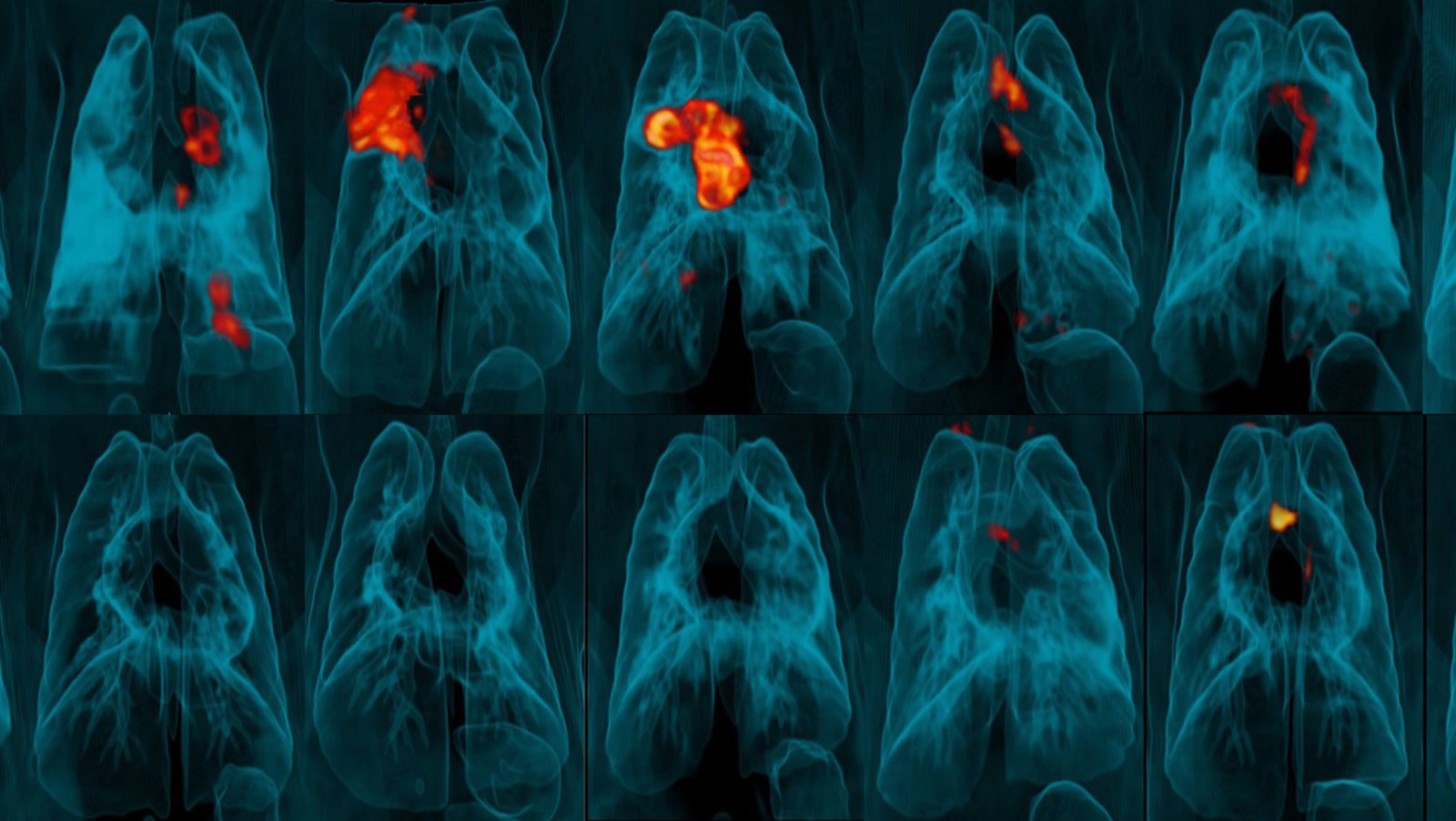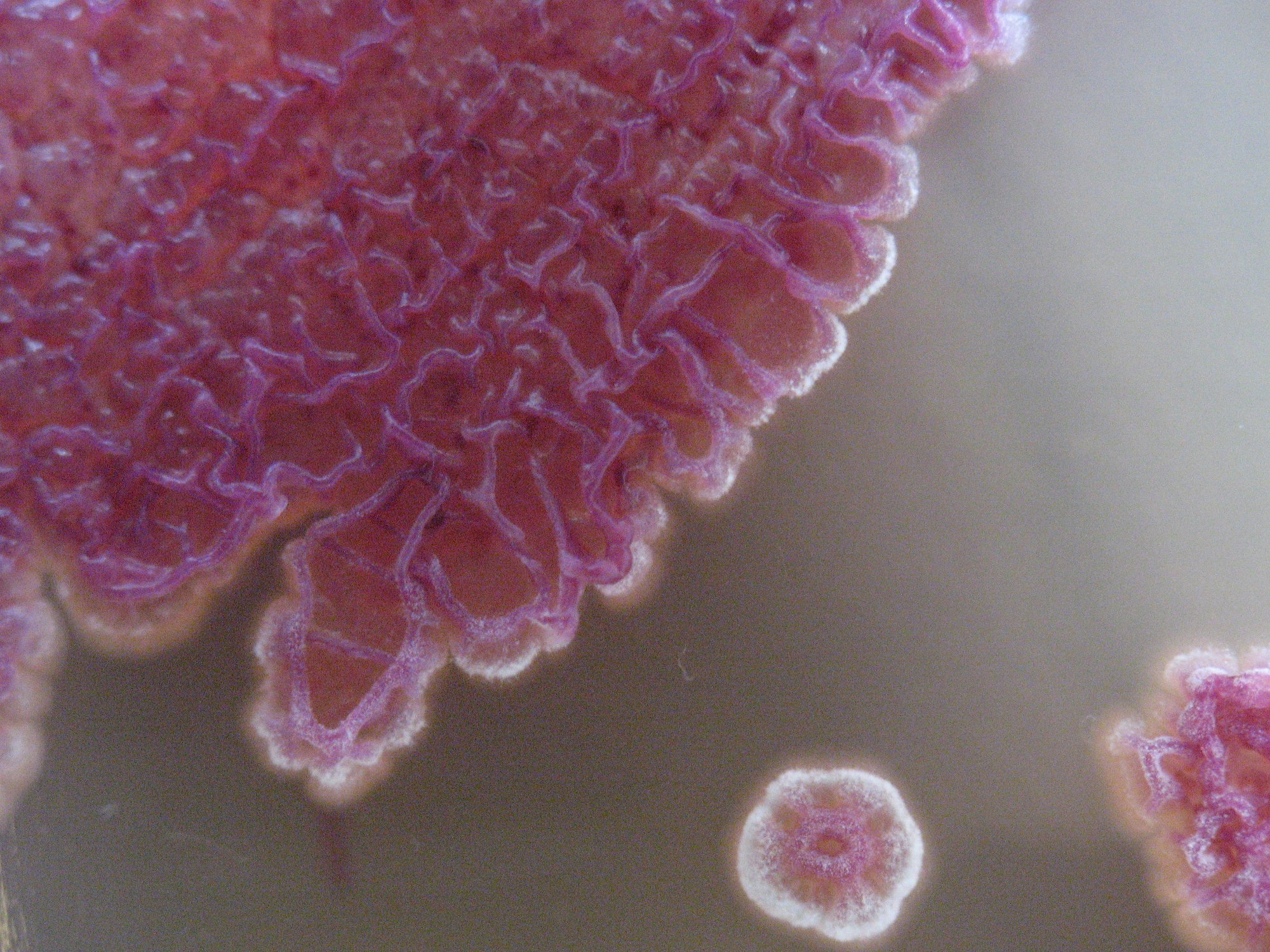Intravenous delivery of the TB vaccine may dramatically improve protection, research suggests
A vaccination against tuberculosis (TB) could be made more effective by injecting it directly into the bloodstream at a higher dose, new research suggests. TB, caused by Mycobacterium tuberculosis, is one of the leading causes of infection globally, killing approximately 1.7 million people and infecting around 10 million annually. So far, the only licensed vaccine … Read more




